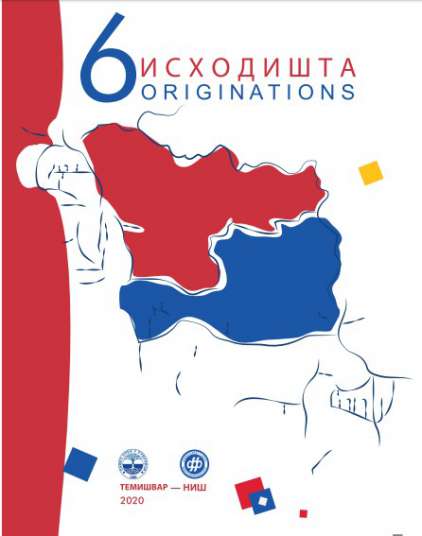GENDER AND IDENTITY IN THE SLOVAK AND SERBIAN PHRASEOLOGY
GENDER AND IDENTITY IN THE SLOVAK AND SERBIAN PHRASEOLOGY
Author(s): Marilena-Felicia Luţă (Ţiprigan)Subject(s): Gender Studies, South Slavic Languages, Culture and social structure , Philology
Published by: Universitatea de Vest din Timişoara
Keywords: gender; identity; mentefacts; sociofacts; artefacts;
Summary/Abstract: Our paper is based on the indissoluble relationship between gender, identity and language determinism, which are perfectly reflected in phraseology. The methodological approach is derived from Dolník’s theory of cultural identity as a set of mentefacts, sociofacts and artefacts. Language as part of culture and implicitly part of identity becomes an instrument by which people can interpret the world in which they live, leading to linguistic determinism. In addition, the components of cultural identity overlap not only with the stages of individual language development, but also with the stages of phrasemes’ development. Based on the relationship between individual identity, cultural collective identity, language determinism, and phrasems’ development, considering that cultural memory involves language memory (Dolník, 2010: 93), we can infer that gender issues are faithfully reflected in phraseology. It applies to both Slovak and Serbian as Slavic languages, whose phraseologies reflect their pride and prejudice in identity and gender-related issues.
Journal: Исходишта
- Issue Year: 6/2020
- Issue No: 6
- Page Range: 335-347
- Page Count: 13
- Language: English

